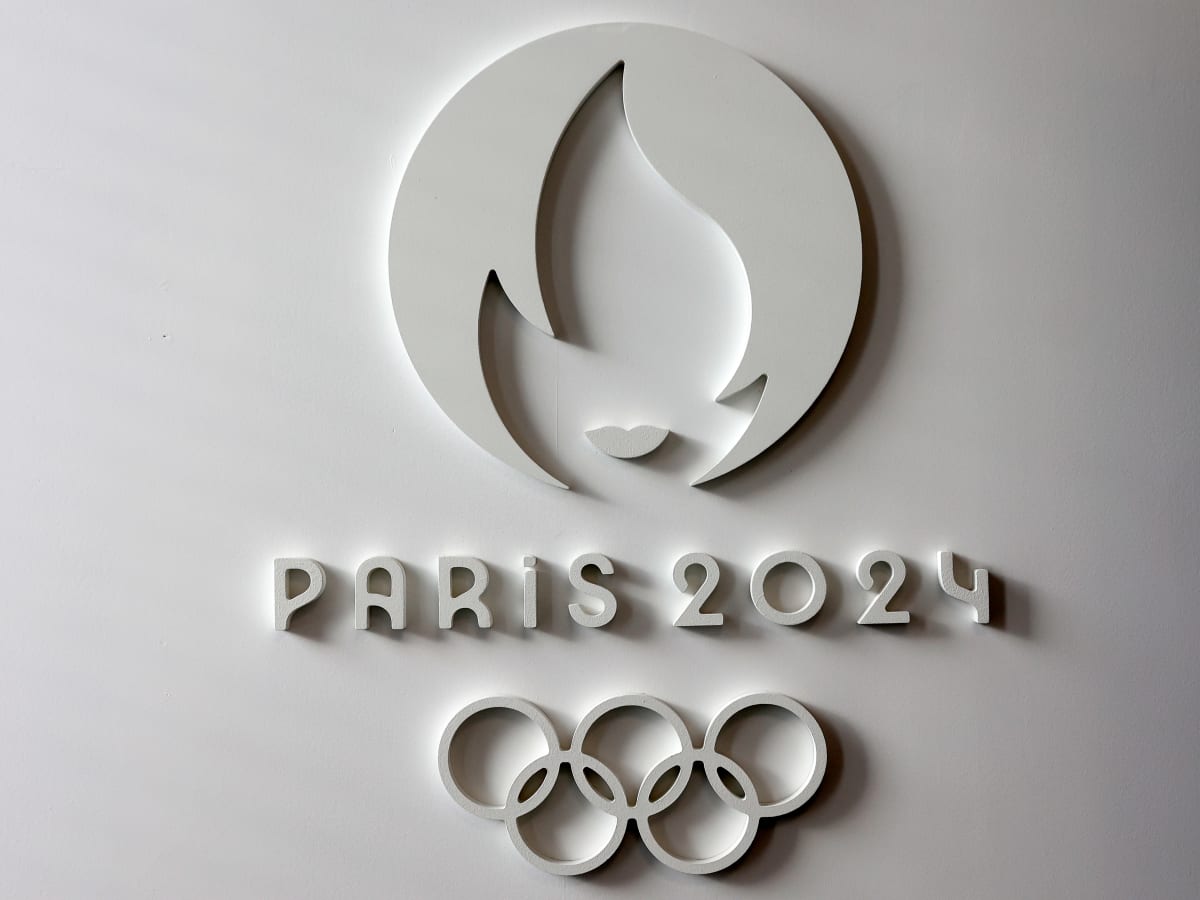News Desk
July 28, 2024:
For sports enthusiasts worldwide, the Olympic Games represent a cherished tradition that has captivated audiences for generations, particularly with the advent of television. Over the years, many athletes have incorporated acts of worship into their performances, with iconic moments like Eric Liddell’s 1924 race, where he famously raised his hand as an act of faith, highlighting the intersection of religion and sports.
However, the opening ceremony of the Paris Olympics on Saturday has sparked significant controversy. Intended to celebrate sportsmanship and unity, the event has been criticized for its perceived disrespectful portrayal of Christian symbols and history. The depiction, seen by many as mocking Christian narratives and sacred scriptures, has elicited widespread disapproval.
Many viewers, including Christians in Pakistan, expressed their dismay at the perceived mockery of iconic Christian imagery, such as Leonardo da Vinci’s “The Last Supper,” and the broader disregard for Christian family values. Critics argue that the ceremony undermined the historical and cultural contributions of Christianity to European heritage, including sacred art, cathedrals, and missionary work.
The backlash highlights a broader conversation about the balance between freedom of speech and respect for religious sentiments. As millions of Christians and others around the world continue to celebrate their love for sports and commitment to sportsmanship, they also call for more respectful representation of diverse faith traditions in global events.

Moderating the Church of Pakistan, Most Rev. Bishop Dr. Azad Marshall, voiced his disapproval on the microblogging site ‘X’ (formerly Twitter), stating, “For religious and non-religious lovers of sports around the world, the Olympic Games are a much-loved experience. Today, millions of Christians and others raise our hands and are counted to affirm our love of our games, our commitment to sportsmanship but our strong objection against the opening ceremony in Paris on Saturday. It was much to our horror how the prestigious event soon became a display of disdain and mockery against 2000 years of Christian narrative, history, and sacred scripture. The flaunting of godlessness and the violation of Christian sentiment was not only highly objectionable but also unnecessary in light of the heritage of sports, endurance, and the striving for victory. Pakistan’s Christians are no exception in our grief at the violation and mockery against Da Vinci’s Last Supper, Christian family values, and the disregard for the faith of many athletes. Europe, today, stands on the shoulders of sacred art, cathedrals, and missionaries who were dismissed and canceled in one disappointing opening ceremony—in fact, we all were.”
The widespread reaction underscores the importance of maintaining a balance between artistic expression and sensitivity to religious beliefs, especially in events as globally significant as the Olympic Games.


